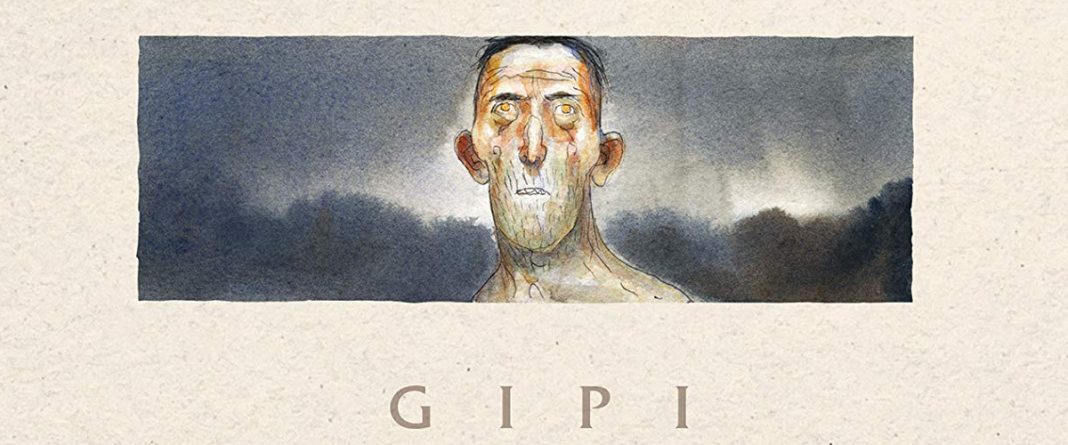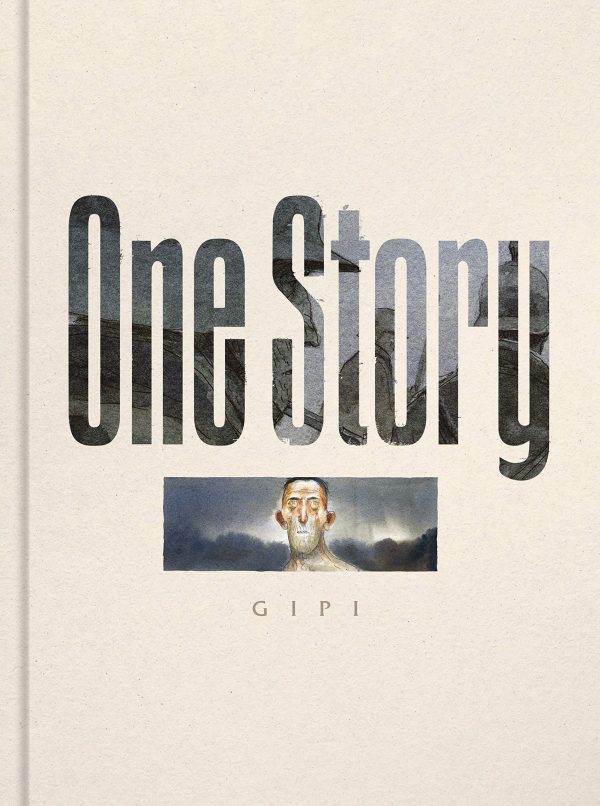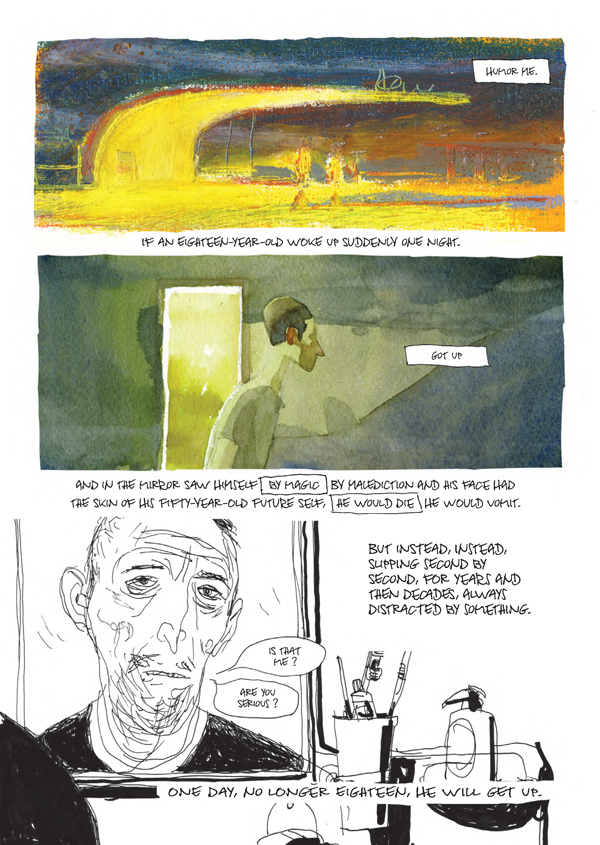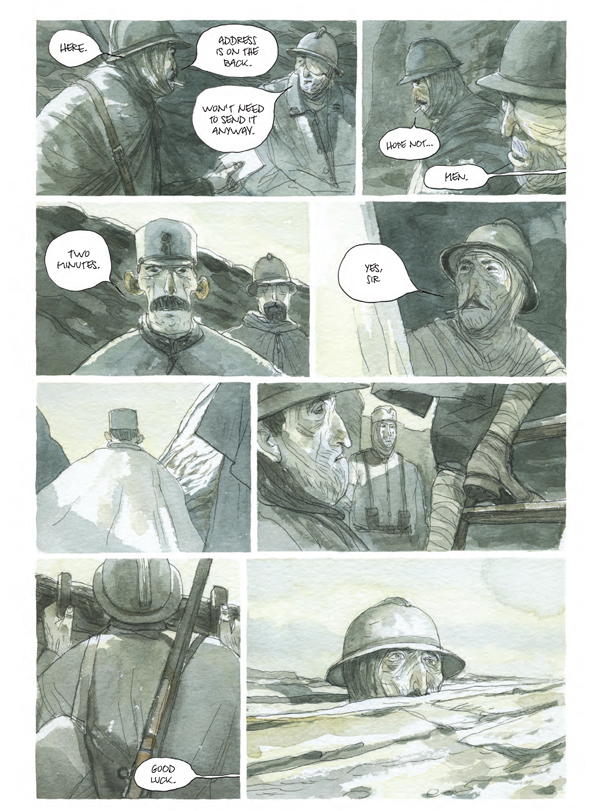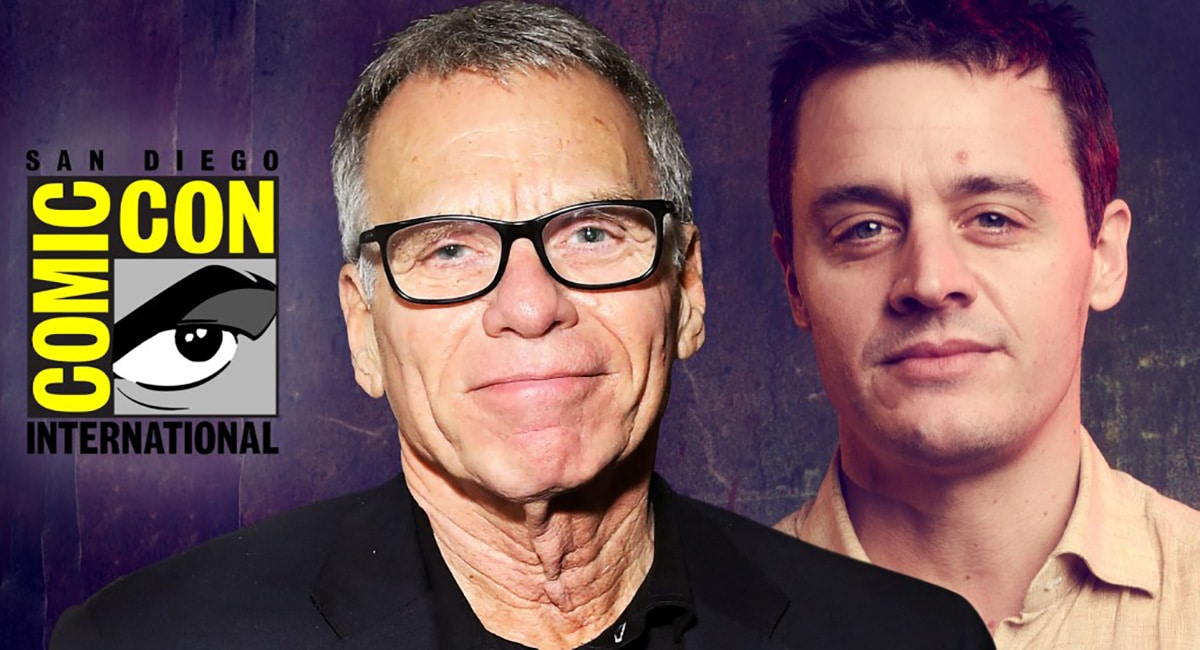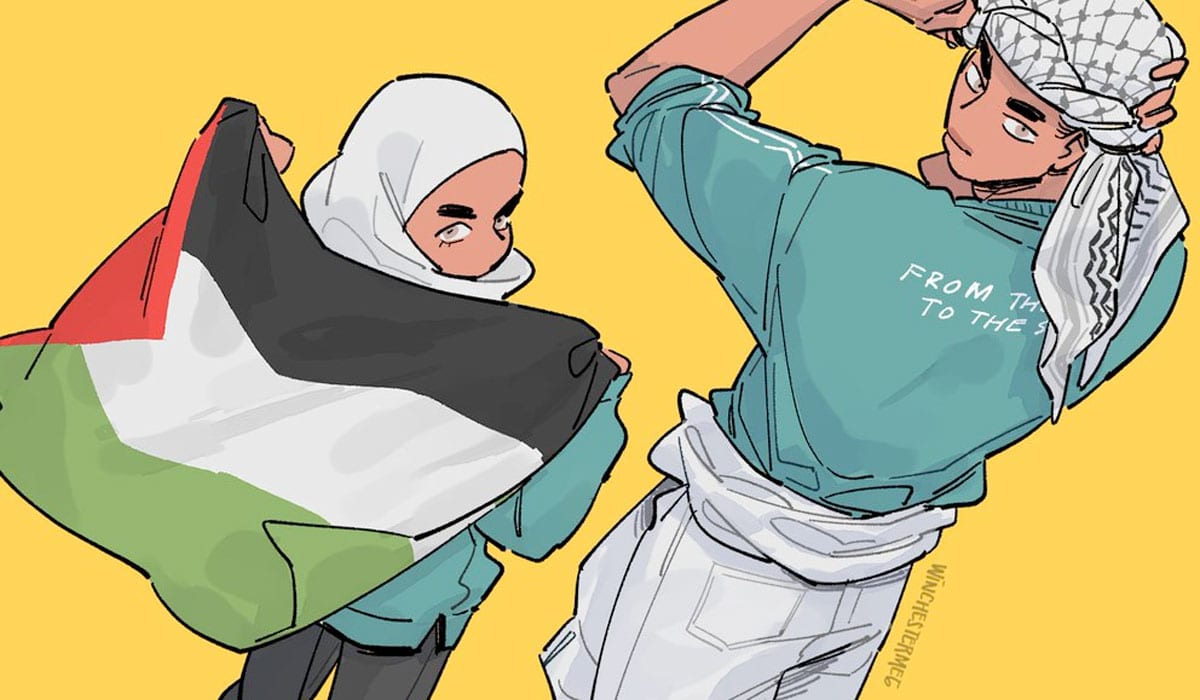One Story
By Gipi
Translated by Jamie Richards
Fantagraphics
How many old folks out there? I mean at least in your 50s. Have you ever had a conversation with someone 25 years younger where you realize that the years do make a difference? Not in intelligence or knowledge, not in emotional stability or maturity, but just in understanding the trajectory of human life and seeing mapped out in your own experience not only how you aren’t the same person you were 25 years ago but also that your identity turns out to be more linked to the family members who came before you than you realized 25 years ago? And that this person 25 years younger doesn’t know that they will come to the same point because there are no words to explain the process of getting there? There’s no way you can clearly express the universality of at one time being there and then shifting over to here, over to a place where a different person exists even though it is also the same person?
Italian cartoonist Gipi tackles something a bit like that in One Story, a sublime and lyrical work that takes two experiences — one happening in World War I and one happening nowadays — and builds not a link of actions, but a link of emotions, of dread, of guilt.
Landi is in a mental institution after having a breakdown. He’s a writer, now in his 50s, and he’s watched his family crumble around him — or, more to the point, his relationships within his family, particularly the one with his daughter. He’s fixated on the idea of the difference between the reaction an 18-year-old encountering a reflection of himself in his 50s when he looks in the mirror and the reaction of the man in his 50s. The latter would assure himself that he didn’t age so poorly, while the former would be horrified by the vision. The latter’s reaction is a way to absolve himself of all the mistakes, a way of saying, “I did the best I could with what I had to work with.”
Landi is also obsessed with the war diary of his great-grandfather Mauro, pouring over the text in wonder, approaching it as a story that stymies him into silence. For Mauro, it’s a story of survival, of self-preservation against a bleak storm that engulfs everything around him, and of longing to return to the woman he loves along with the willingness to do whatever it takes to get there.
Landi’s life, by contrast, has less physical and obvious trauma, but he’s still devastated by what has transpired. Mauro must face his own personal weakness in the wake of gigantic situations that are out of his control, while Landi seems to have lost control of himself. It’s all a burden, it’s all too much, and yet he’s trying to convince his overseers in the hospital that he’s ready to leave, that he was just tired, that’s all. He can face the world or so he says.
There is nothing about a work by Gipi that is ever simple or shallow, and his art is never anything less the sumptuous, and One Story works well with his progress as a creator. And the title — One Story — focuses on what Gipi is communicating. We are the story of all that came before us. Not an ending, but another chapter in not only a genetic and cultural line, but an emotional one. The prejudices, the wounds, the betrayals, and the joys all factor into what one generation hands the next and the next and the next. Have you ever read a letter your grandparent wrote as a young person? Have you ever seen some of yourself in it? That’s the tip of what Gipi addresses in One Story.


